Accordingly, general education institutions implementing the Vietnamese General Education Program are allowed to teach and learn certain subjects, educational activities or certain contents of certain subjects and educational activities in foreign languages, with priority given to subjects in the fields of mathematics, natural sciences , technology and information technology.

New regulations on teaching and learning in foreign languages apply from September 25
For higher education , programs, textbooks, subjects, and credits of higher education that have been approved by competent authorities are taught partly or entirely in a foreign language. Textbooks and higher education materials used for teaching and learning in a foreign language are approved by the Director or Principal of the higher education institution based on the appraisal results of the Appraisal Council established by the Principal, ensuring compliance with the process of appraising textbooks and materials....
Teachers must have at least level 4 foreign language proficiency.
The Decree details requirements on expertise, professional skills and foreign language proficiency for teachers.
Regarding foreign language proficiency, primary and secondary school teachers must have a minimum foreign language proficiency of level 4 according to the 6-level foreign language proficiency framework for Vietnam or equivalent; high school teachers must have a minimum foreign language proficiency of level 5.
Teachers of vocational education levels must have a minimum foreign language proficiency level 5.
Lecturers teaching at university levels must have foreign language proficiency that meets the teaching requirements of the training program, at least level 5.
People who have received full-time undergraduate, master's or doctoral training abroad with a foreign language as the language of instruction and have a recognized diploma according to regulations or a bachelor's degree in foreign languages or foreign language pedagogy in Vietnam are exempted from foreign language proficiency requirements.
Tuition fees
For public general education and continuing education institutions, tuition fees for organizing teaching and learning in foreign languages are collected according to the principles of correct calculation, full calculation, revenue to cover expenditure and with the consent of learners. The collection, use and management of these tuition fees are implemented according to the regulations of the People's Councils of provinces and centrally-run cities.
Public higher education institutions shall, based on the level of financial autonomy and the ability to pay of learners, determine tuition fees based on economic and technical norms as prescribed by the Law on Higher Education and Government regulations on tuition fee management mechanism for public higher education institutions in the national education system; publicly disclose tuition fees before enrollment and be responsible for explaining tuition fees to learners and society.
For non-public and private educational institutions, proactively develop tuition fees for each school year and course for each subject, module, educational activity, and content taught and learned in a foreign language to ensure cost recovery and reasonable accumulation, and to be responsible for publicly disclosing and explaining to learners and society the tuition fees decided by the educational institution.
Responsible for explaining the average tuition fee per student, annual tuition fee, tuition fee for all levels; explaining the roadmap and tuition fee increase rate for the following years, implementing publicly and transparently according to the provisions of law, explaining to students and society.
Source: https://nld.com.vn/quy-dinh-moi-ve-day-va-hoc-bang-tieng-nuoc-ngoai-tu-25-9-196250809175119688.htm









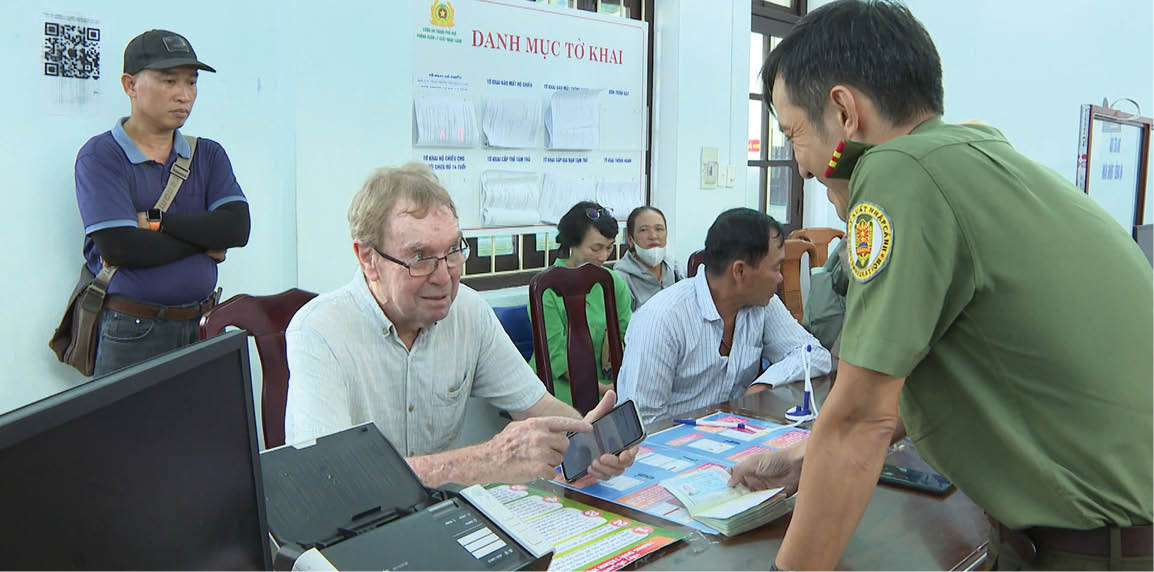









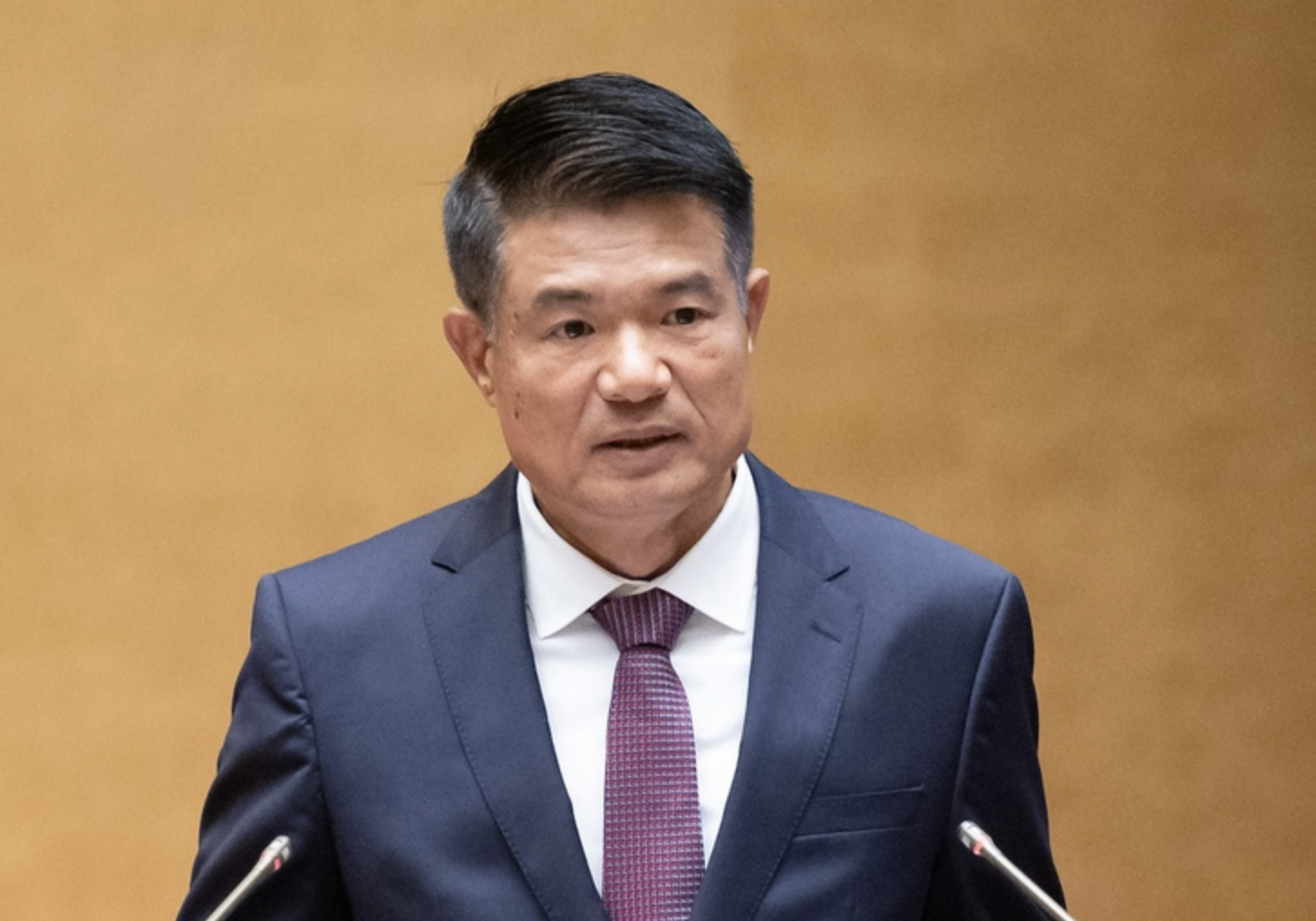





































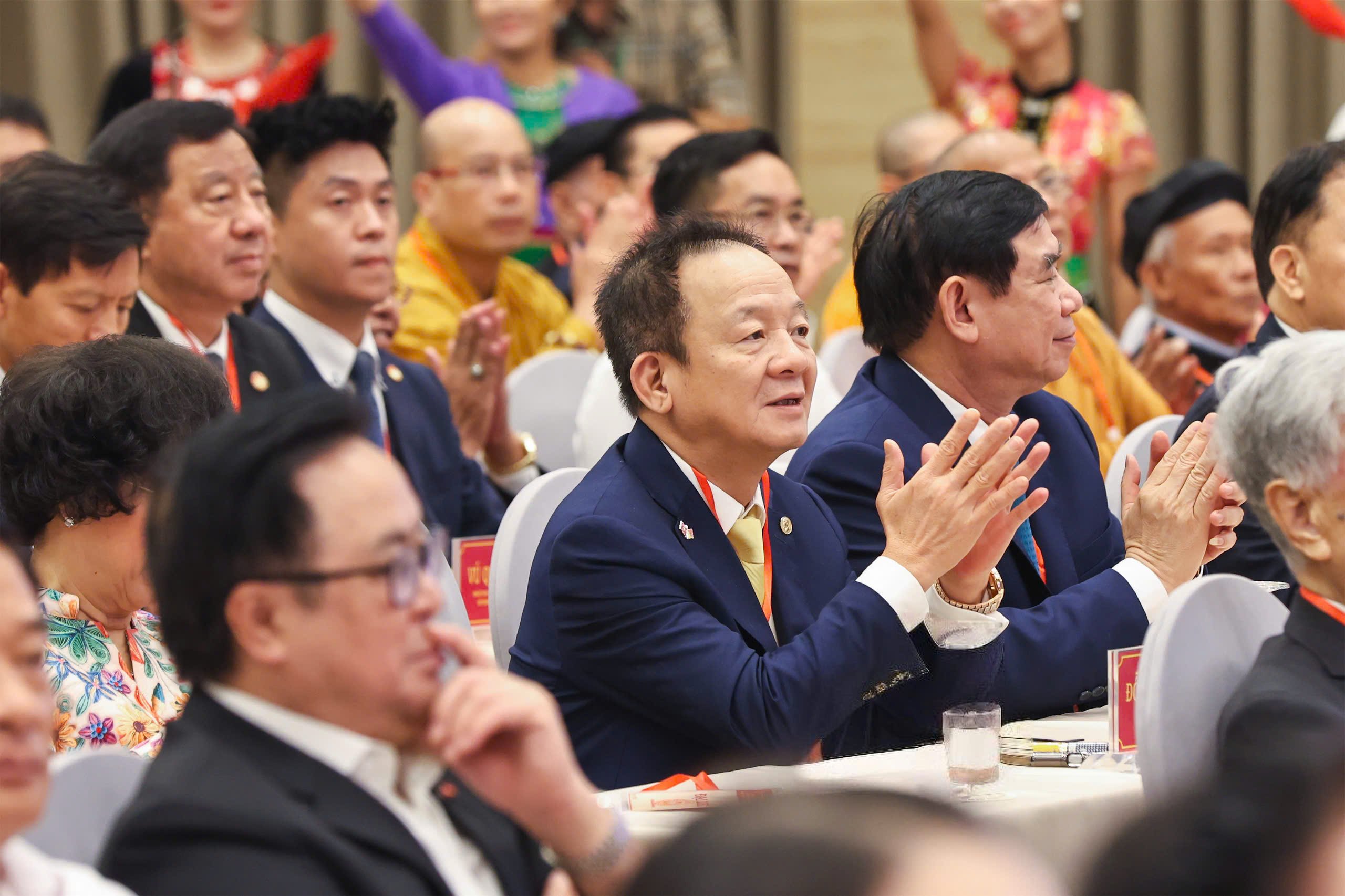












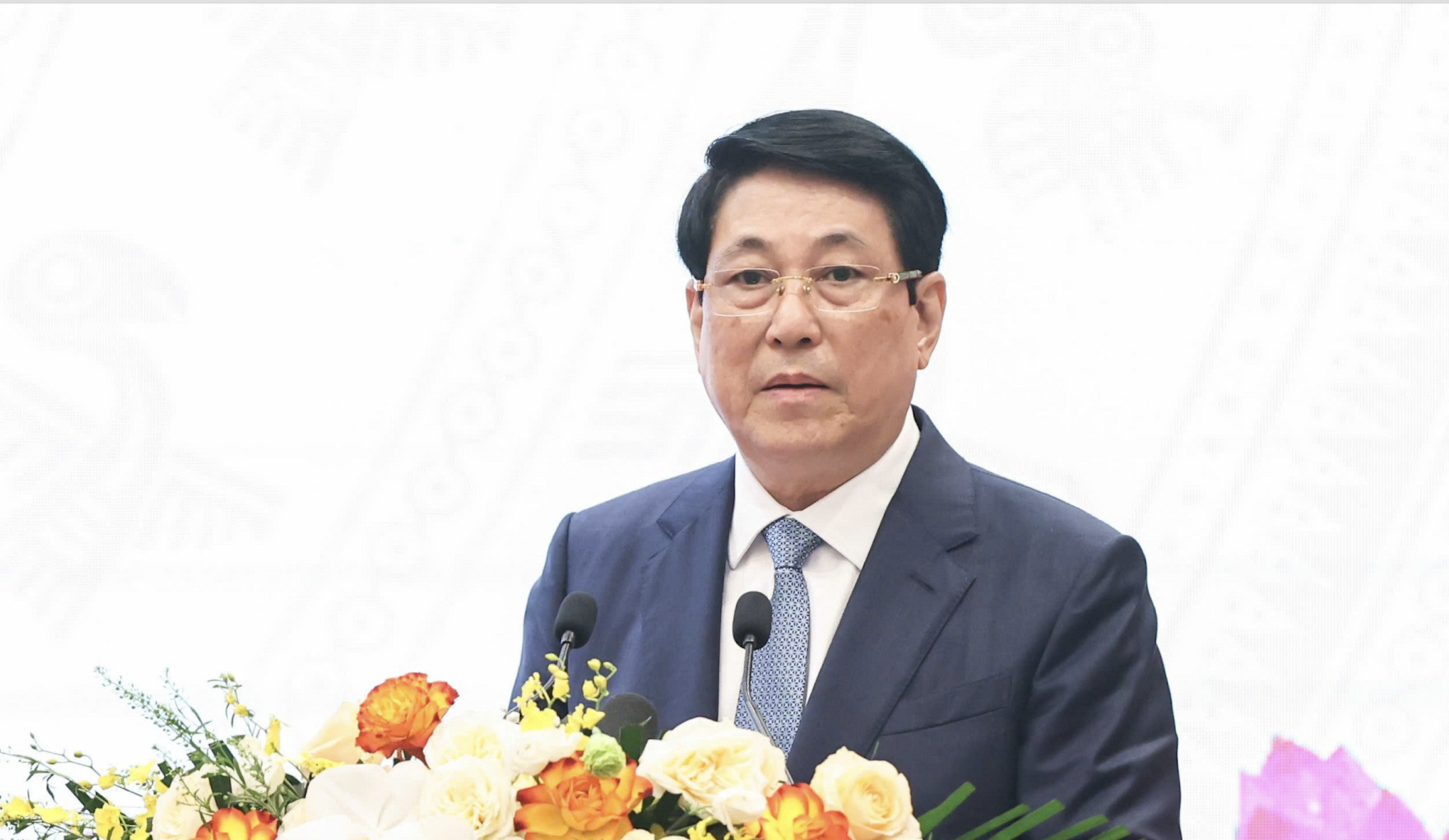



















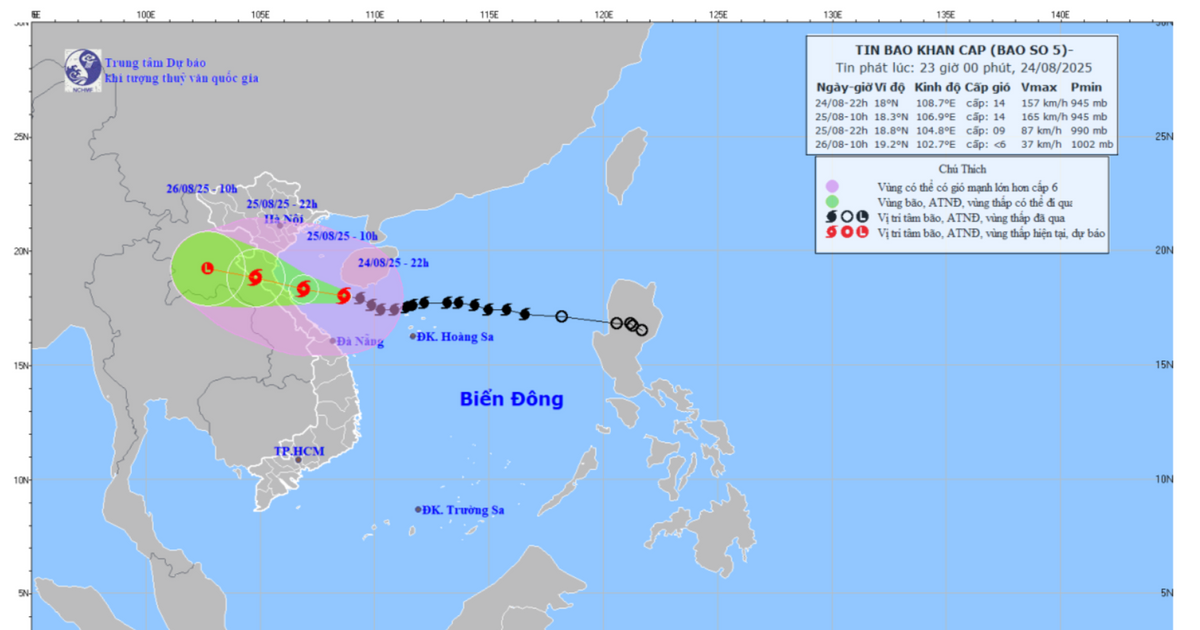





















Comment (0)